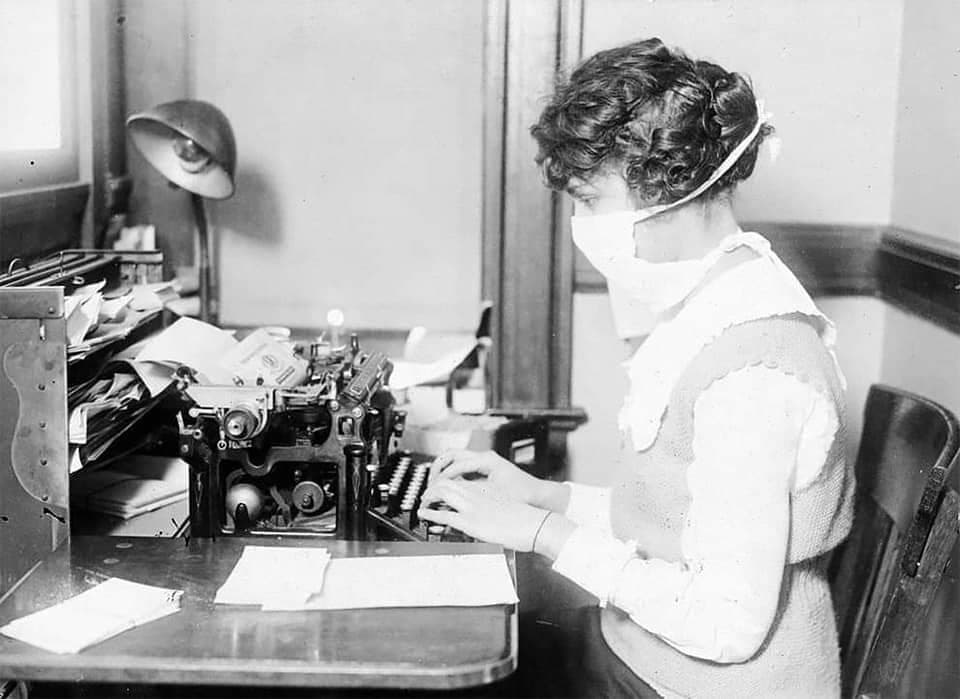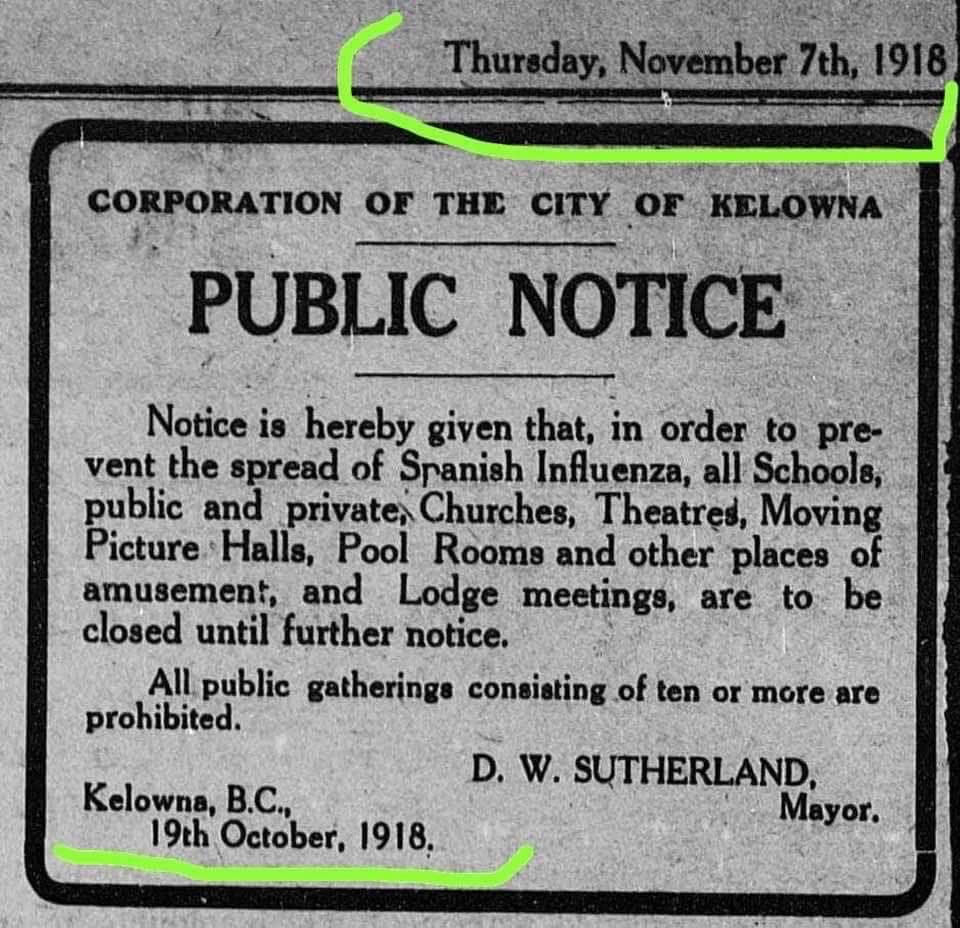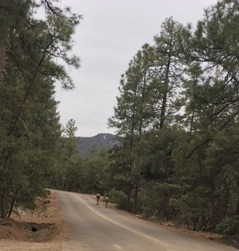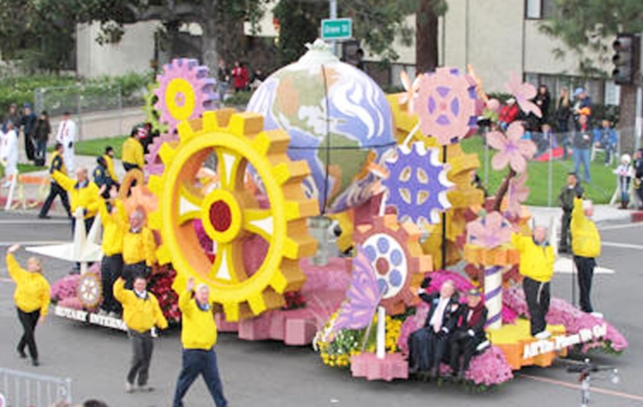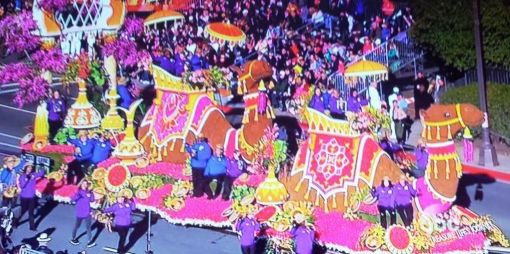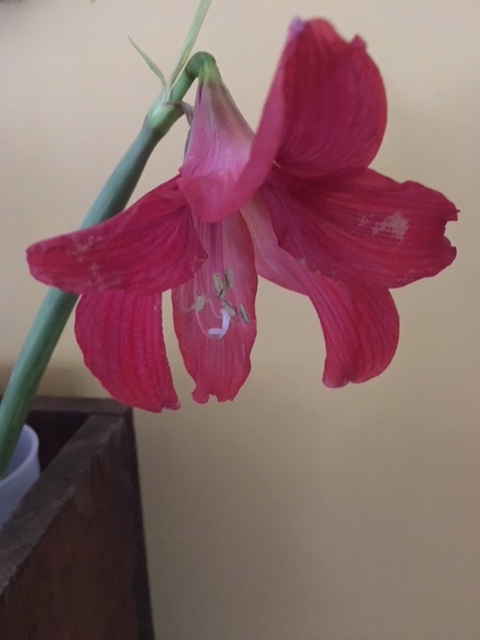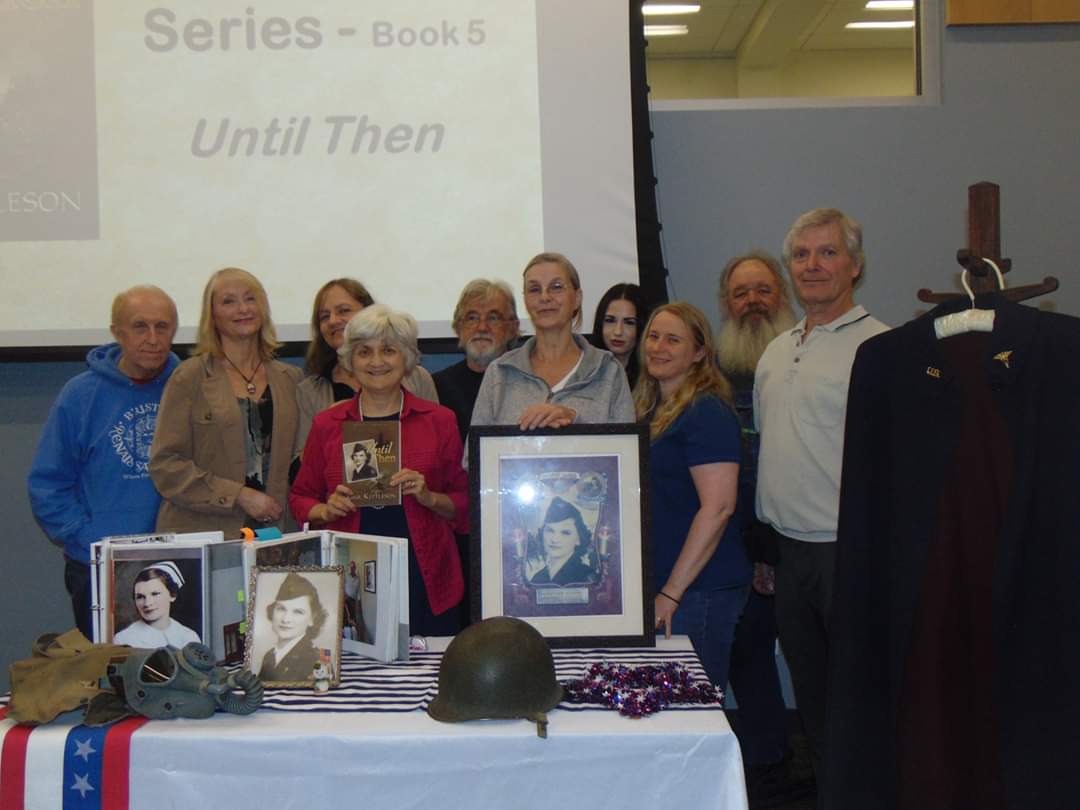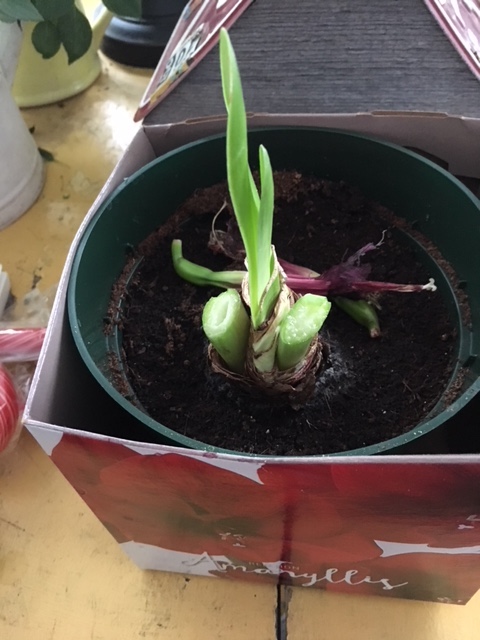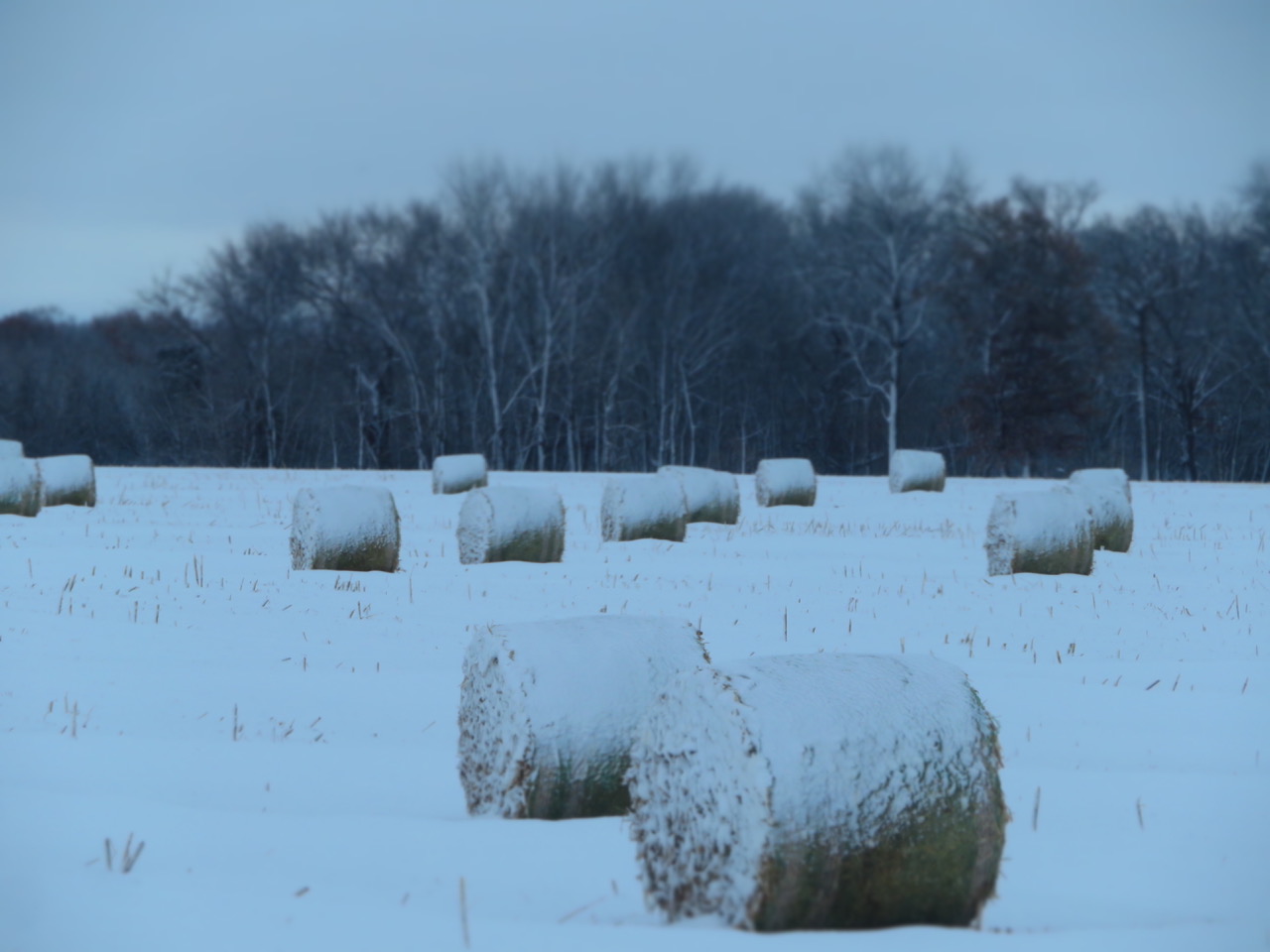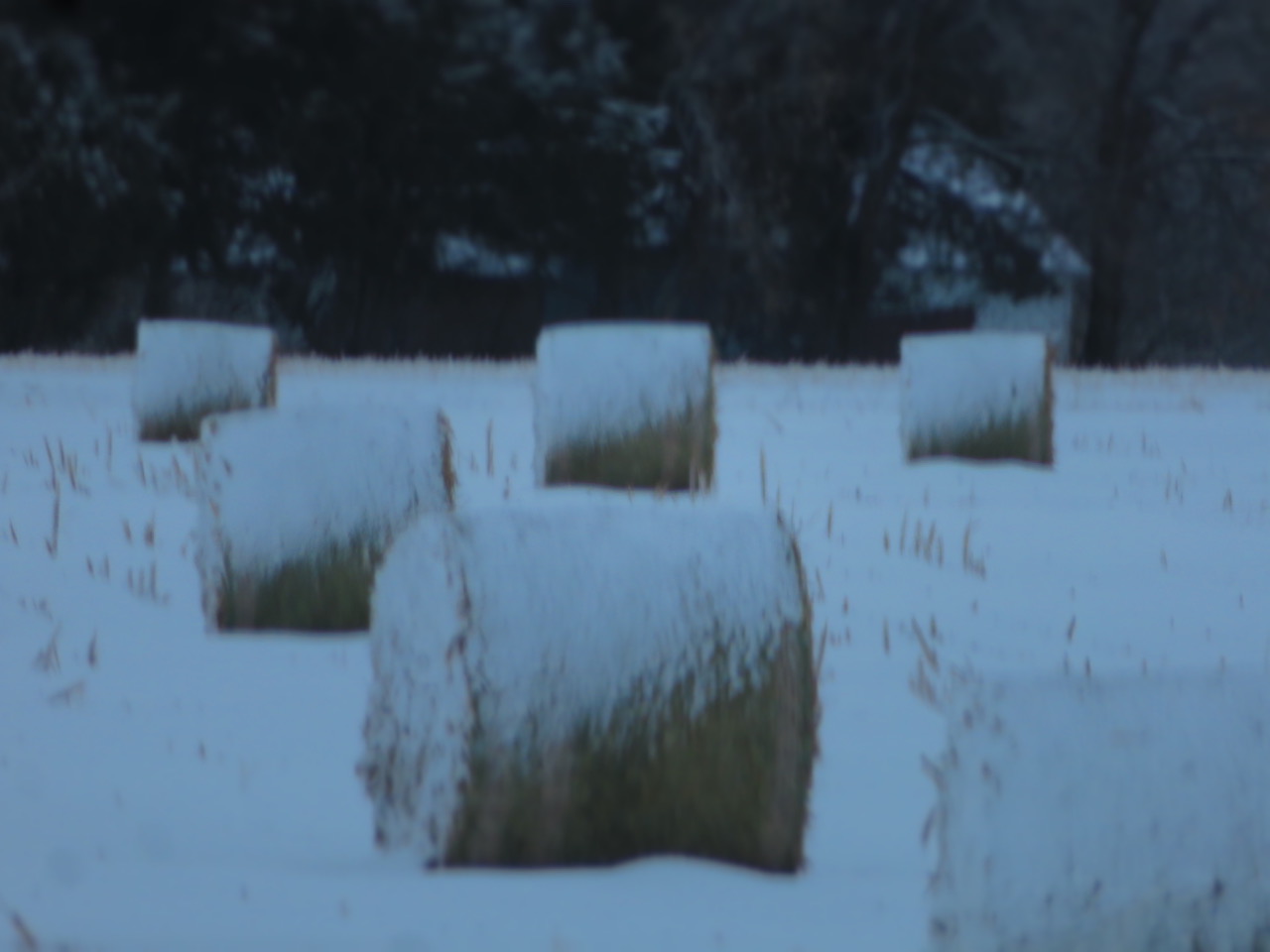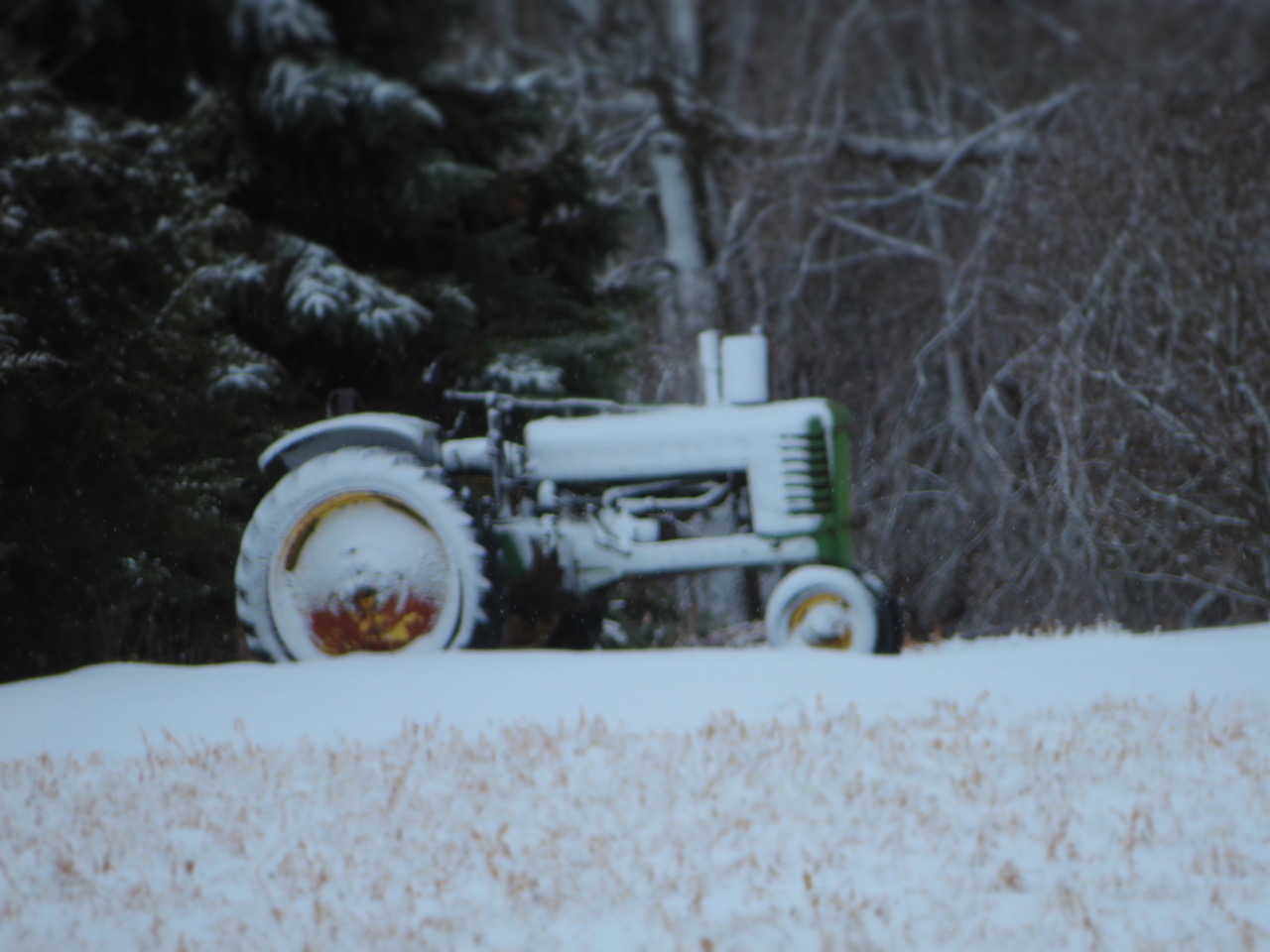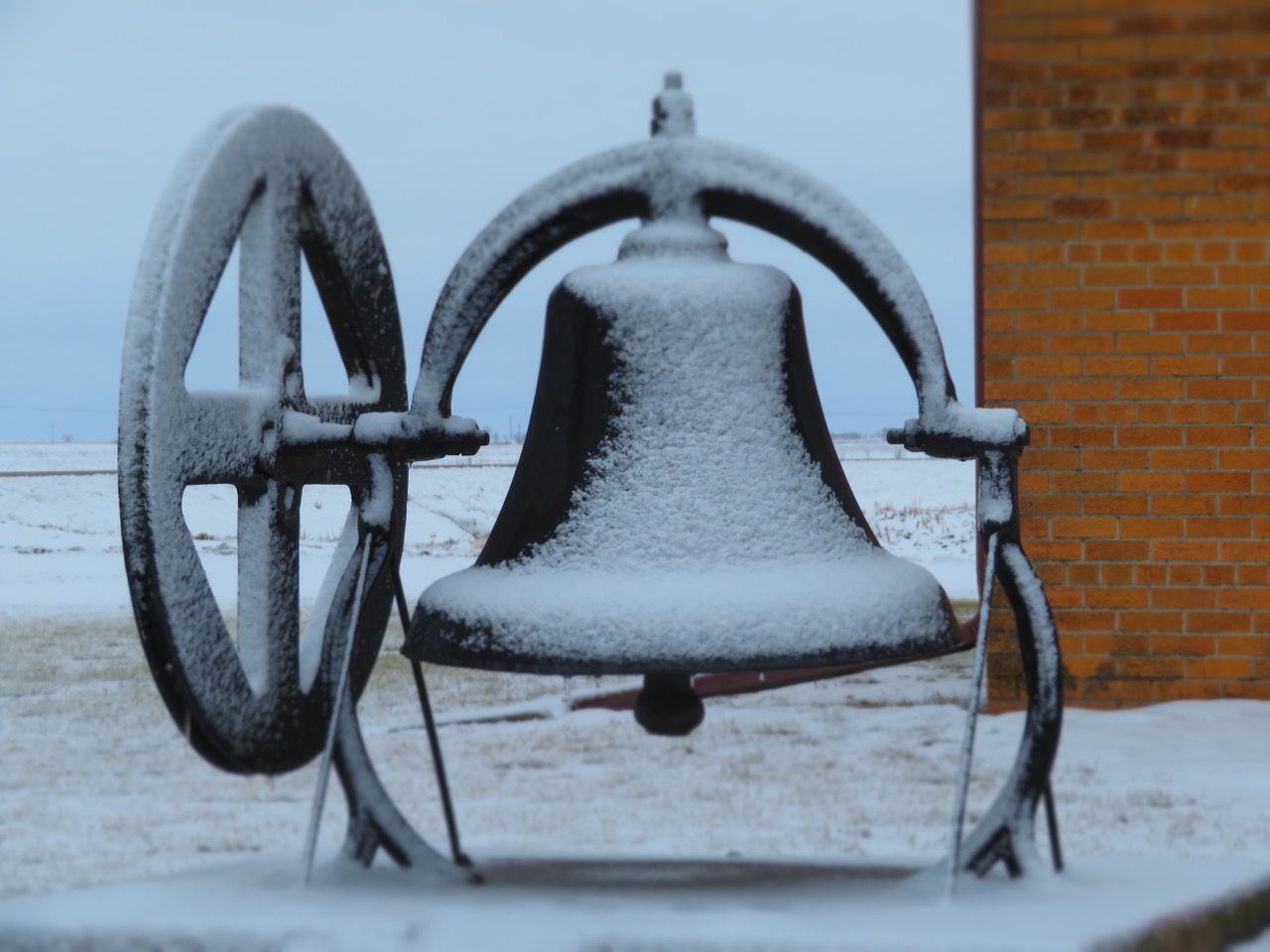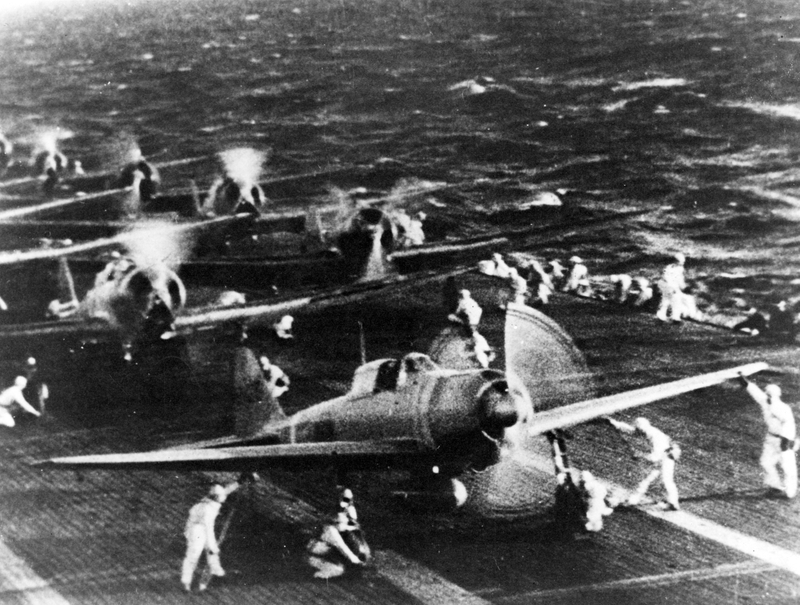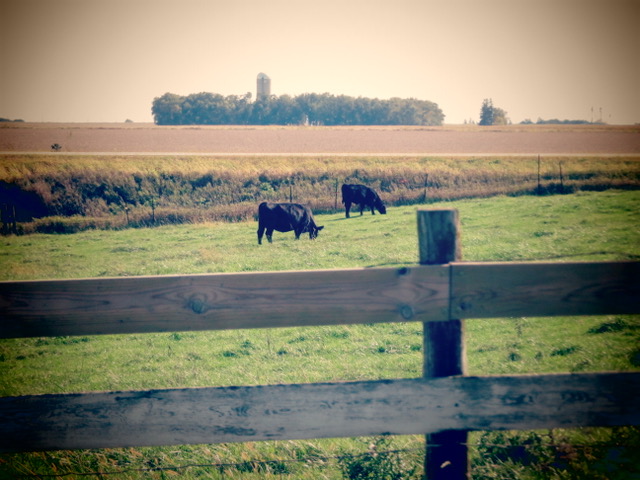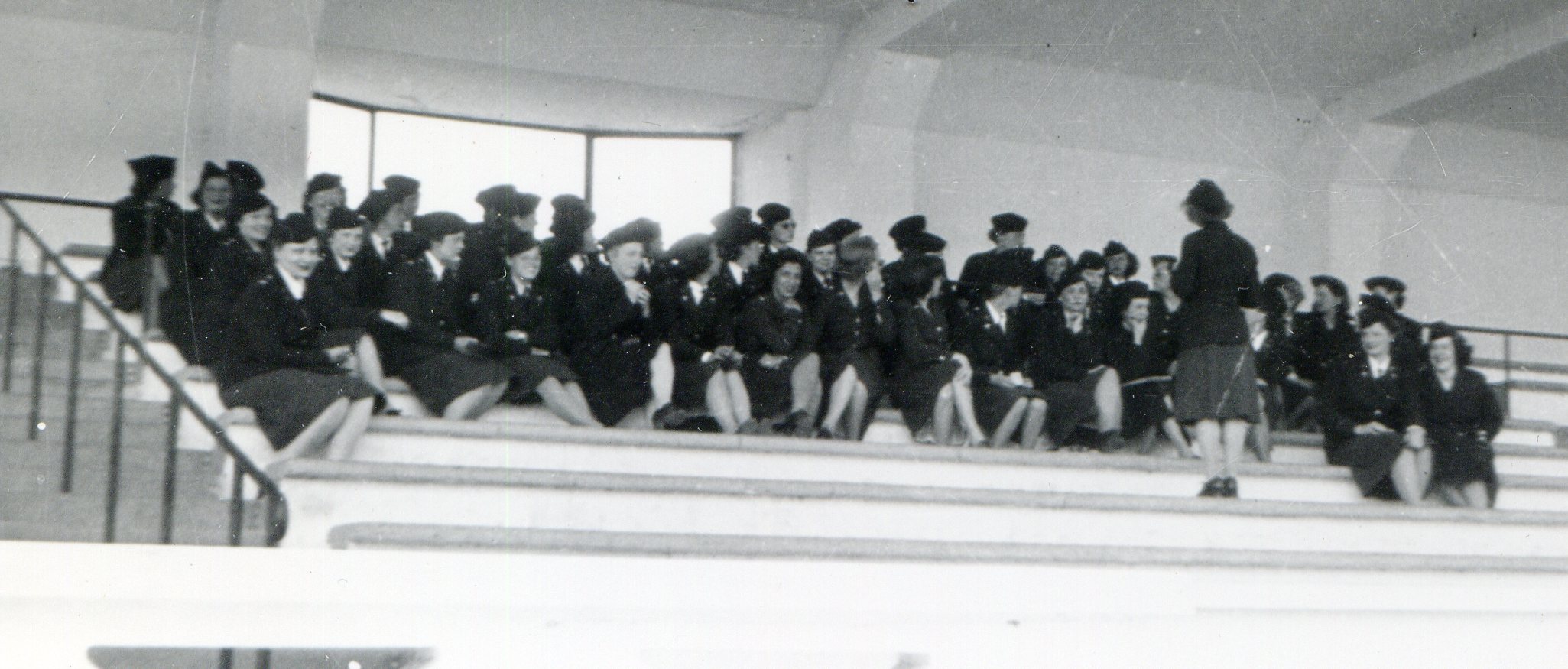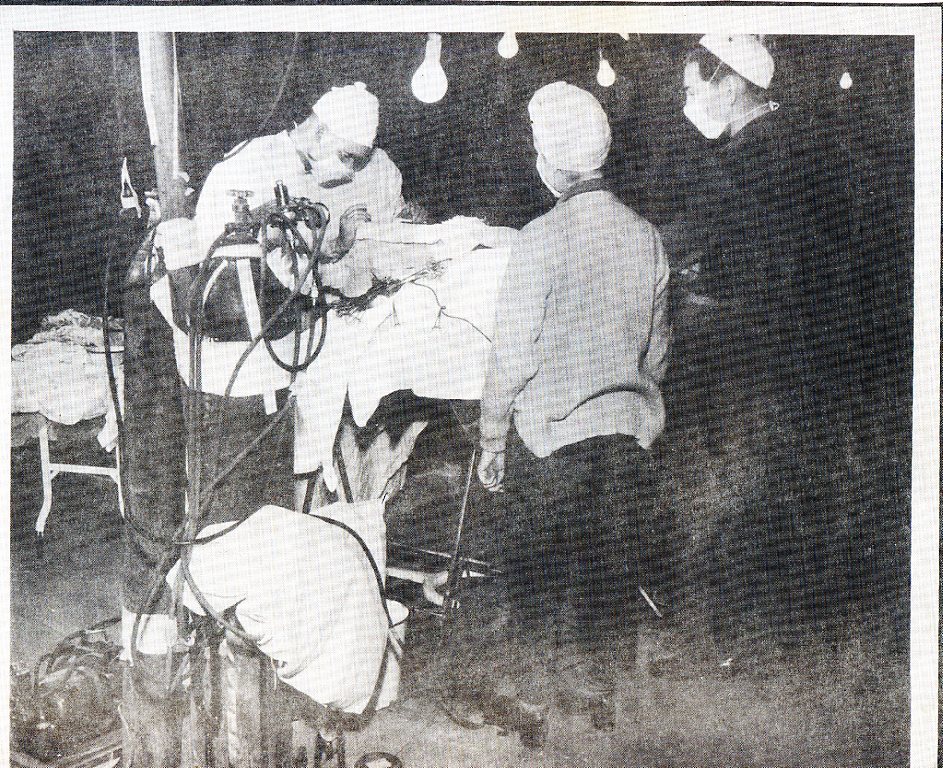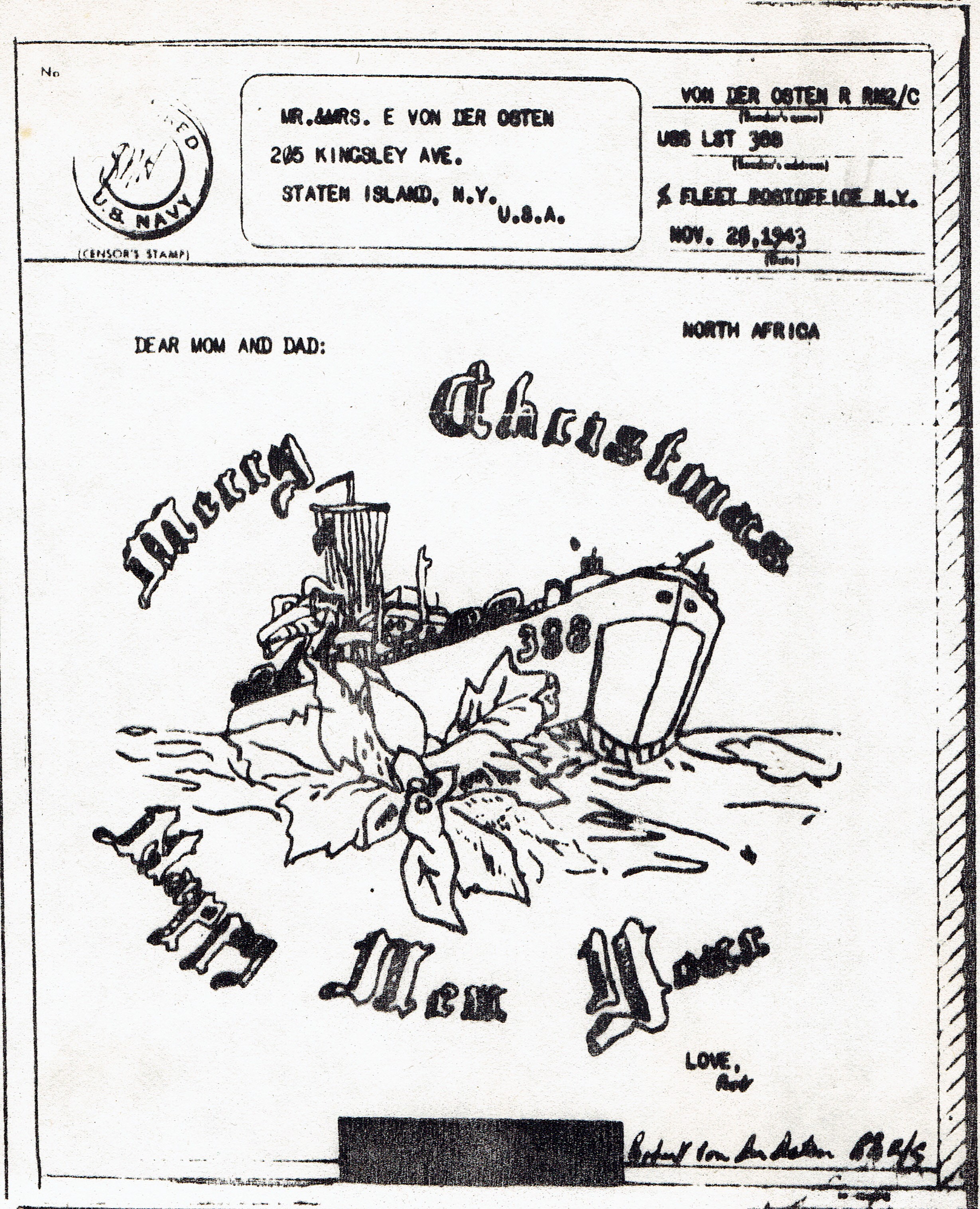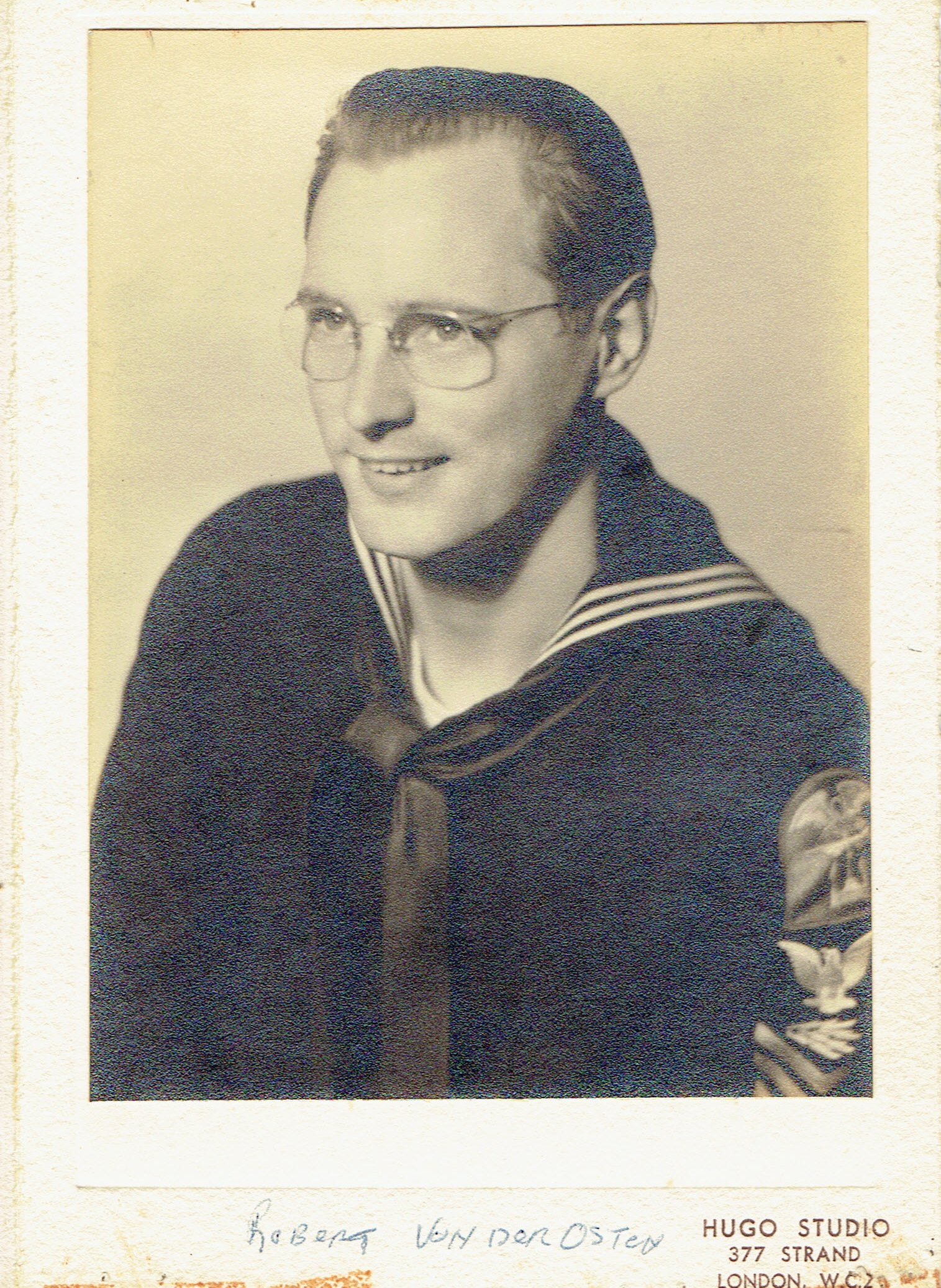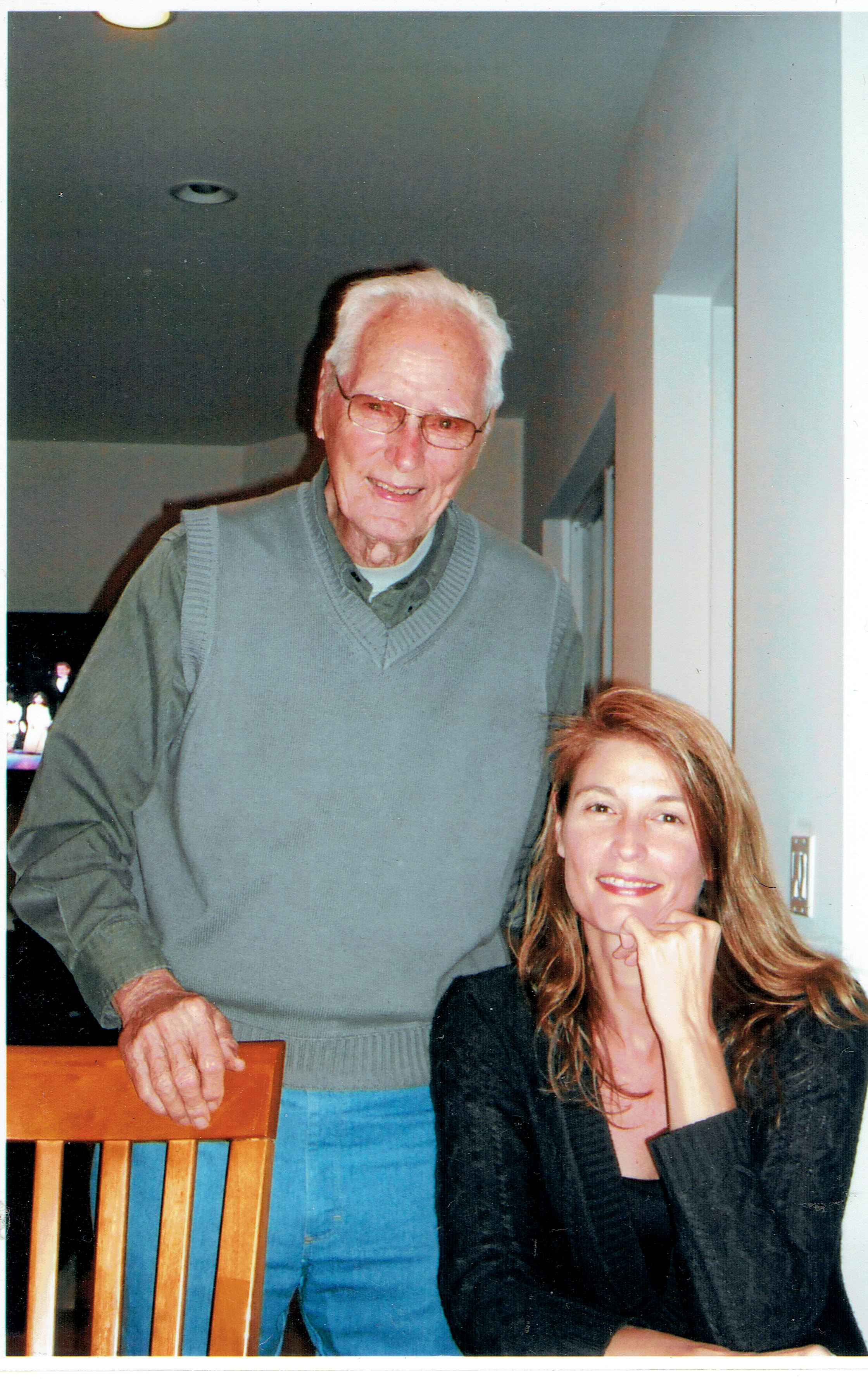Joy Neal Kidney joins us today with her new book called Leora’s Letters. This story of love and loss during WWII features Joy’s mother, a young woman with dreams disrupted by huge loss. Yet she continued on to live a meaningful life–lessons for us as we face our own challenges.
Joy will give away one signed paperback copy of Leora’s Letters to a commenter. I’m finding treasures within–there’s nothing like letters straight out of the World War II era. Thank you, Joy!
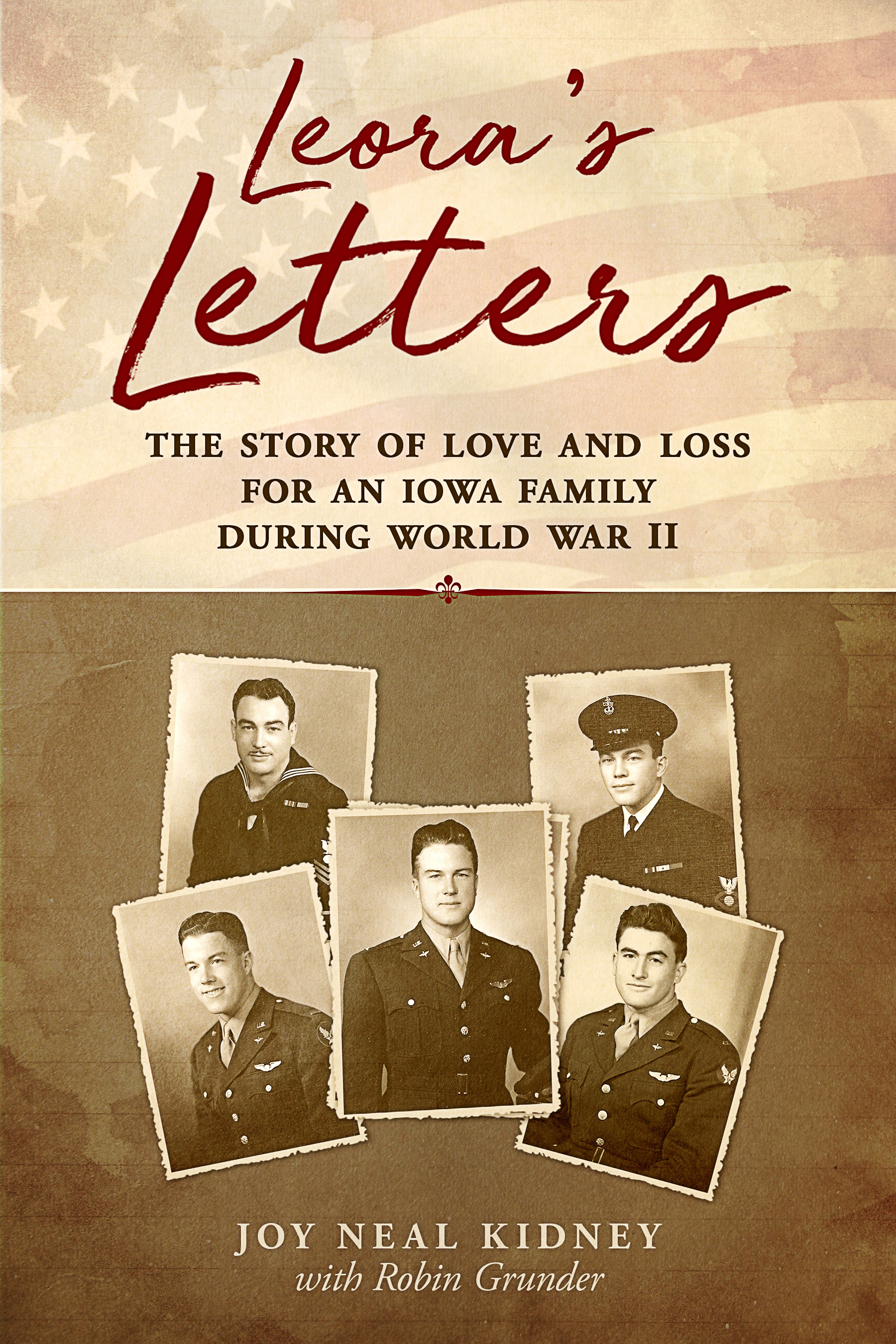
An Iowa Waitress Became an Officer’s Wife–in Texas, by Joy Neal Kidney
It was the only formal gown my mother ever owned. She bought it for the opening of the officers’ club at the Marfa Army Air Base in Texas. Doris had just become an officer’s wife by marrying Warren Neal, an Iowa farmer who’d earned his pilot’s wings.
Doris Wilson had been a waitress in Perry, Iowa, at the McDonald Drug Store, which had a soda fountain and a restaurant area. In fact, she was serving Sunday dinner there when the announcement of the attack on Pearl Harbor interrupted the background music playing on WHO-Radio.
She remembered thinking that all her brothers were liable to be drafted. One by one the five Wilson brothers left to serve – two in the Navy, three in the Army Air Force.
Dale Wilson and Warren Neal, both Iowa farmers, had enlisted as air cadets in 1942. They were awarded their silver “wings” and became officers on the same day a year later – Dale at Roswell, New Mexico. Warren at Marfa, Texas.
Warren was retained at Marfa as an instructor for advanced cadets. With calls for women to enlist to help with “the cause,” Doris had begun the process to apply for the WAVES. Warren was afraid they’d get separated forever so he asked her to get married instead.
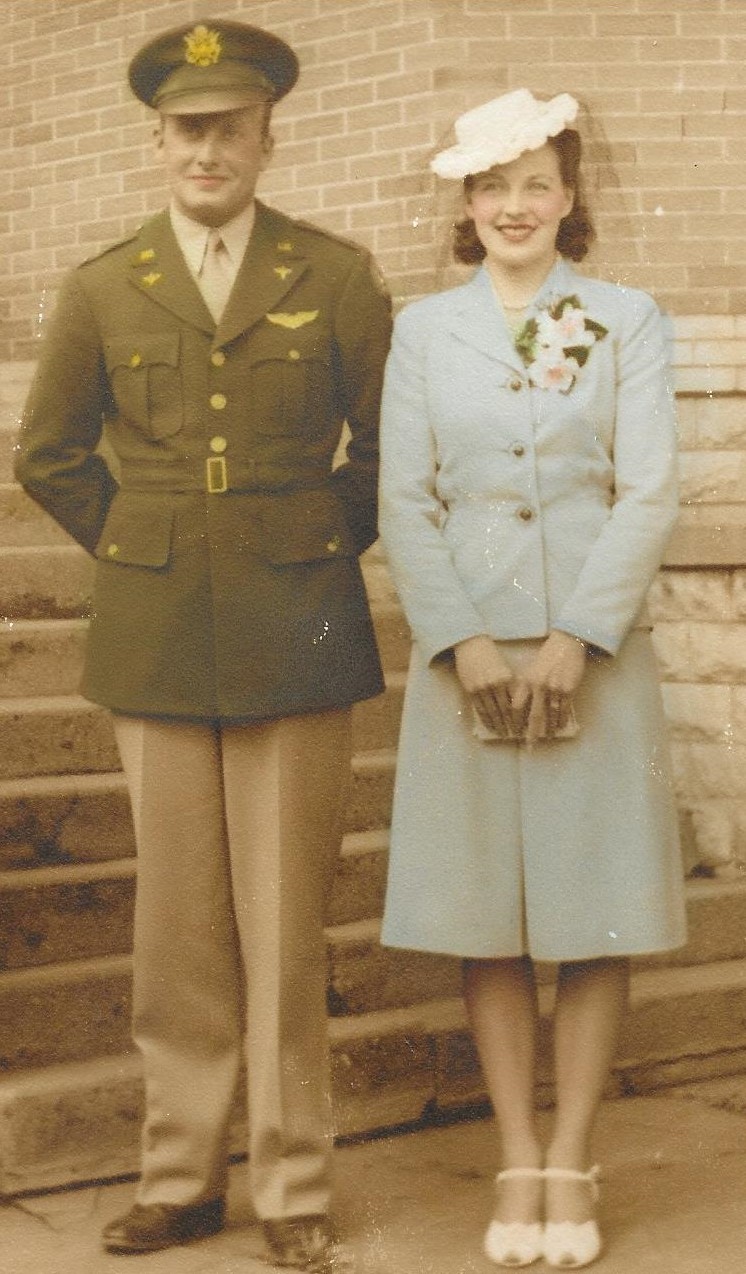
Doris, wearing an aqua suit, and Warren in uniform were married in May 1943 in Dexter, Iowa, then headed for Marfa, Texas.
They’d just gotten settled when they were to attend the formal opening of the new officers’ club. Doris’s first formal gown for the dance was nearly the color of the suit she’d been married in a few months earlier – aqua, short-sleeved, accented with lots of small ruffles.
She wrote home that she had fun at the dance and felt like Cinderella.
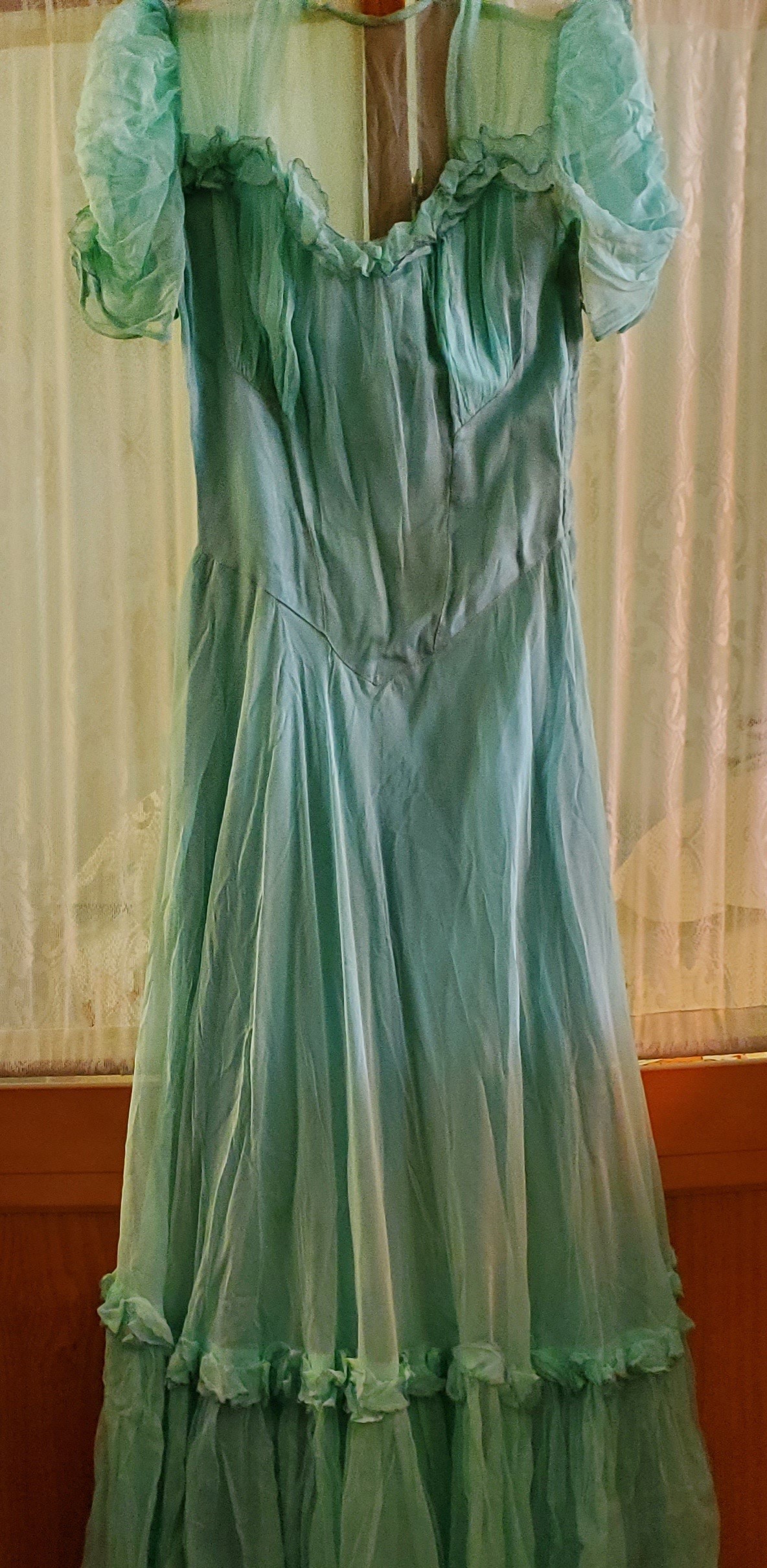
That fall, she wrote her brother Dale, then in combat in New Guinea, “I’m going to let you in on a secret. We haven’t told anyone yet, but we are going to have a boy (we hope) next May.” Dale never got her message. The V-Mail letter was returned, still sealed, marked “Missing in Action.”

Decades later, I – the boy she’d hoped for – was the first person to open the little V-Letter and read it.
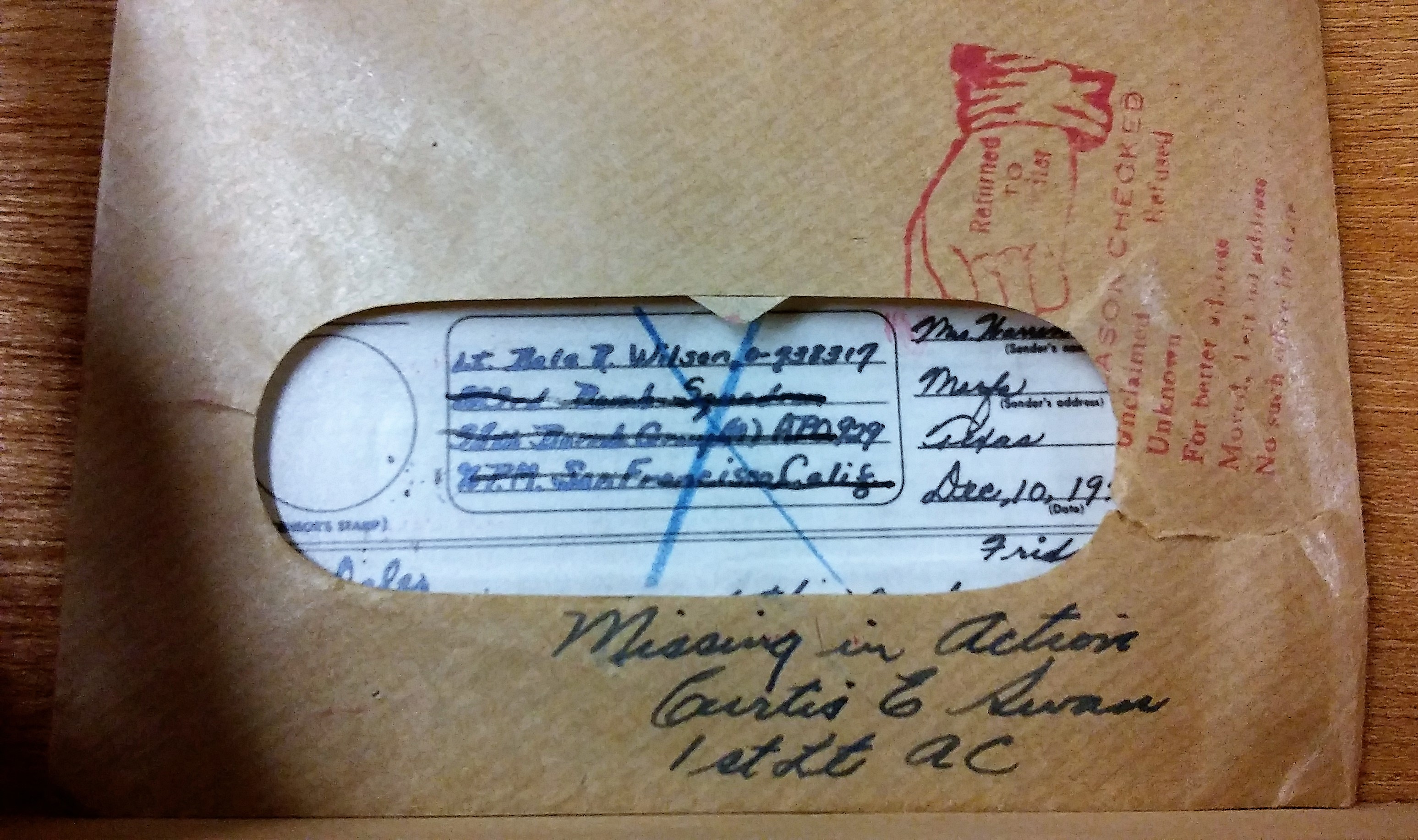
—–
There’s no photo of her wearing the aqua gown. I remember seeing it as a child only a couple of times among her keepsakes in the storeroom of our old farmhouse.
But now it’s been passed on tome, Doris’s firstborn, who eventually became the keeper of poignant family stories and letters and terrible telegrams.
Treasures, like the aqua gown, to wonder about. Did she ever get to wear it again?
To feel like Cinderella once more?
Connect with Joy online:

